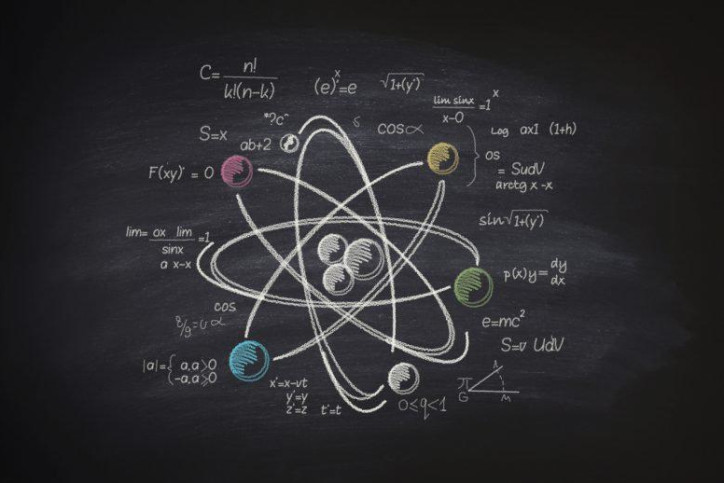What Do Theoretical Physicists Study?

What do theoretical physicists study? Physicists study all aspects of matter and energy, from wormholes to quantum mechanics. They also study fundamental laws of nature and make models to explain these phenomena. There are many different jobs in the field, but there are some essential skills that physicists need to succeed in their chosen career. Below are some examples of what these scientists do.
Physicists study all aspects of matter and energy
These physicists study all of the basic principles that govern the world around us and work to develop practical devices. They specialize in different fields, including the properties of matter and energy, the motion of physical objects, the properties of waves, and the fundamental nature of matter itself. Some physicists focus on theory and experiment design, while others specialize in experimental work.
They study wormholes
Wormholes are objects that can traverse space. Scientists have been studying these objects for over a century. They are not entirely clear on how wormholes work, but researchers believe that they could be used for interstellar travel. In fact, the existence of wormholes has been speculated to enable time travel. However, this possibility may not be as easy to prove as some scientists would like.
They study quantum mechanics
A theoretical physicist studies the properties of quantum particles and their behavior in the universe. While they do not perform physical experiments, theoretical physicists often read articles about scientific experiments to come up with their own theories. They develop these theories through mathematical calculations and field research. These scientists also seek to advance the field of physics and society in general. These scientists may be a bit less familiar with the details of everyday life, but they are arguably as important as any scientist.
They study thermodynamics
Thermodynamics is the science of energy, which is the ability of a system to change its state. According to the First Law of Thermodynamics, total energy in a system is conserved. Heat is the result of energy transfer. Energy can be transferred into or out of a system through expansion, contraction, or removal of matter. When energy is transferred, it is equal to the product of force and displacement. Some examples of materials are chemical potential-particle number, temperature, and density.
They study black holes
Black holes are extremely dense objects that exist in space and time. Scientists believe that these objects have the potential to store enormous amounts of information. Theoretical physicists study black holes to better understand how these objects form and function. One of the most important test cases for black holes is a snow globe world. This world is similar to a black hole because the particles that are part of it are not itself black holes.




Leave a Reply